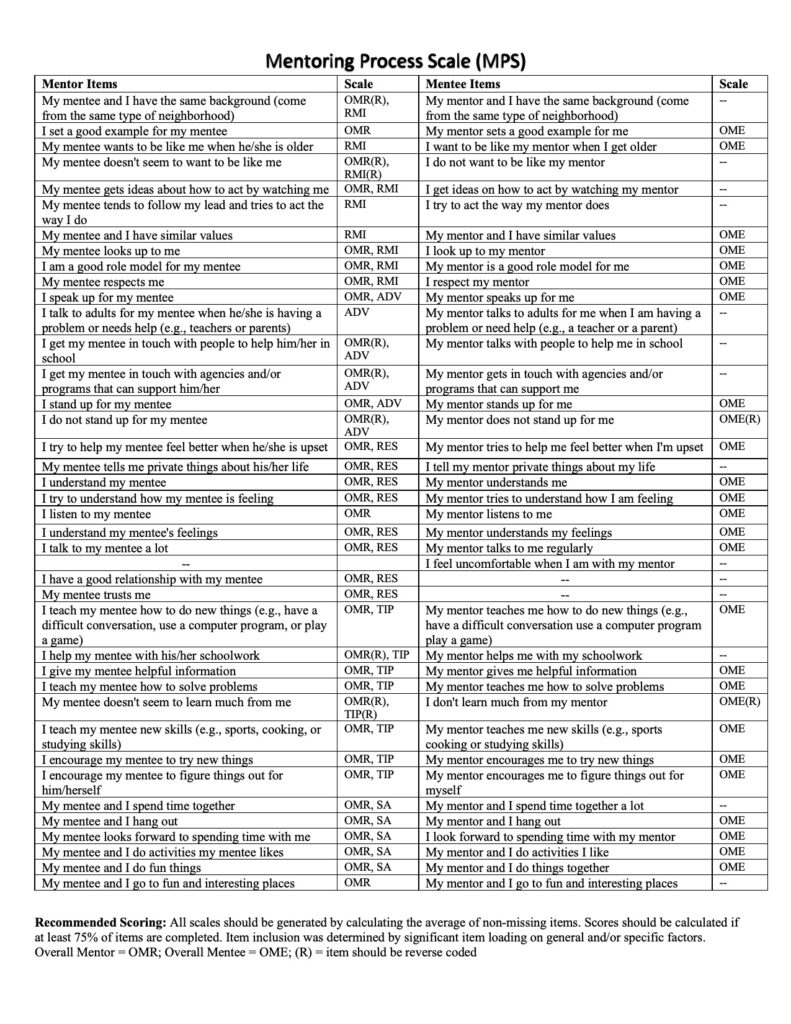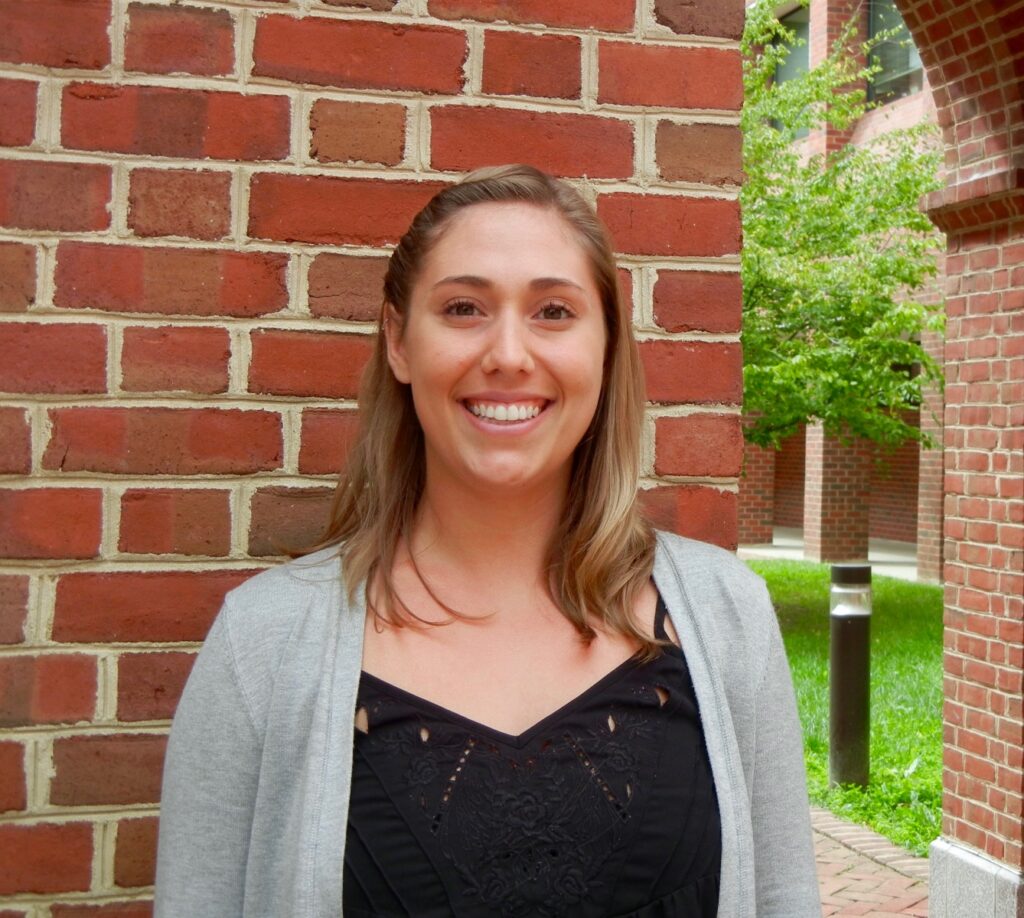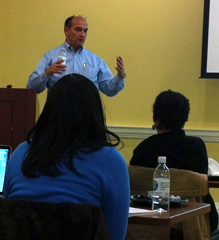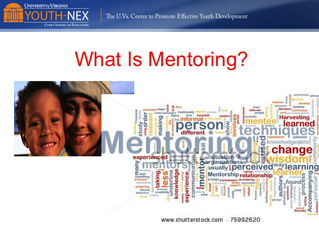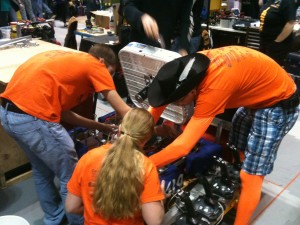By Anya Pfeiffer, Kennedy Eagle, Olivia Burke, Kate Price, & Alexis Allen
Highlights:
- Youth Action Lab (YAL) helps young people develop social science research skills to transform their lives and communities.
- YAL uses a Youth Participatory Action Research (YPAR) framework to engage youth as researchers who systematically explore community issues they care about.
- In this article, undergraduates serving as mentors in the YAL reflect on their experiences working with local high schoolers to design research studies, gather and analyze data, and take action to address the issues they explored.
As Youth and Social Innovation (YSI) majors, we joined Youth Action Lab (YAL) as our community-engaged project for the YSI capstone class, an accumulating applied course required for all seniors in the YSI major. The goal of YAL is to equip young people with research skills to transform their lives and communities.
Youth Participatory Action Research
In YAL, we used a Youth Participatory Action Research (YPAR) framework where youth become researchers, systematically exploring issues that impact their schools and communities. Building on their lived experiences and expertise, our high school students develop research questions, design social science studies, gather and analyze data, and then take action to address the issues they explore. YAL uses a mentor-led approach, where we, as undergraduates at the University of Virginia, teach a YPAR curriculum through interactive lessons tailored to meet each group’s needs and objectives. By building community and promoting equity and inclusion, YAL empowers youth through research and collaboration.
Tackling Virtual Learning
One of our first tasks for YAL was researching best practices for virtual learning. Some strategies we found helpful were using digital collaboration tools and providing opportunities for flexibility and student choice. Collaboration tools (such as using breakout rooms and Padlet) allowed students to work together in smaller groups and participate in interactive experiences.
Allowing students to co-construct our lessons by asking what they’d like to learn or how we could support their project also created a more engaged learning environment. Sometimes, this looked like just showing up to listen and provide a space to discuss current events instead of a lesson. Most importantly, we learned to make a plan but be open to adjusting — extending a meaningful activity or discussion is much more important than doing scheduled activities.
YPAR in Action
We applied our research on virtual learning as we started working with two high school student groups, Charlottesville City Youth Council and Albemarle High School Black Student Union. Throughout the year, our team meets with each group biweekly to help guide them through lessons that support the research process.
Youth Council (YC) decided to explore why some students attend private middle schools instead of Walker and Buford but then return to Charlottesville City Schools for high school. Here are some highlights from their research project:
- The students created a survey to ask local high school students about their middle school experiences and perceptions of different schools. The survey received over 70 responses.
- YC is now in the process of interviewing adult stakeholders including parents and school board members. Conducting a mixed methods research project has allowed them gain experience with surveys and interviews and engage with different community stakeholders.
- By the end of the year, YC will present their research findings to City Council and/or the Charlottesville City School Board. YC hopes their research will push the City to implement more programming to address the stigma around public middle schools.
Our team of facilitators have loved working with this group. They are wise beyond their years and show a high-level understanding of societal issues including classism and racism which they are mindful of in their research.
Black Student Union (BSU) is a student organization focused on sharing and supporting the culture and experiences of Black students at Albemarle High School. During our first meetings, BSU identified several issues at their school and decided to examine the lack of racial/ethnic diversity in Dual Enrollment (DE) and Advanced Placement (AP) classes. Since most BSU students have experienced being one of few Black students in higher-level classes, they had a personal connection to the issue. Here are some highlights from their research project:
- With support from their principal, BSU recently sent surveys to students, teachers, school counselors, and families and are planning interviews to help identify potential solutions.
- One idea they have is a summer program that will serve as a bridge to prepare students to transition to more advanced classes. BSU’s overall goal is to make higher level courses more accessible and ensure students of color are prepared to succeed.
- BSU plans to present their research findings to the Albemarle High School staff and leadership and are also exploring the possibility of presenting to the Albemarle County School Board.
In addition to conducting this research project, BSU continues to advocate for Black students and has held multiple events for their school community to celebrate Black culture and history. Our team has been beyond impressed by this group of motivated and passionate students.
Final Thoughts
Working with two very different and incredibly inspiring groups of high school students has been such a wonderful opportunity. As YAL facilitators, we teach high schoolers how to frame and investigate real world issues through social science research, but we undoubtedly learned just as much from them about framing and addressing problems in our own lives and communities.
YAL is supported by the Equity Center and Youth-Nex. We are always looking for new partners interested in bringing YPAR to the youth they serve. To learn more about YAL and YPAR resources, please visit our website.
If you have any comments or questions about this post, please email Youth-Nex@virginia.edu. Please visit the Youth-Nex Homepage for up to date information about the work happening at the center.

Author Bio: Anya Pfeiffer is a fourth year Youth & Social Innovation Major and a first year candidate for a Master’s of Public Policy and Leadership from the Batten School. After graduation, she hopes to work on education or housing policy.

Author Bio: Olivia Burke is a 4th year Youth and Social Innovation major and Public Policy minor who is passionate about education research. Next year she will pursue her M.Ed. in Quantitative Analytics at UVA.

Author Bio: Kate Price is a fourth year student majoring in Youth & Social Innovation in the School of Education. She is extremely interested in applying youth developmental frameworks to practical settings which help prompt adolescents to critically reflect, use their voice, and make a difference in their communities.
Kennedy Eagle and Alexis Allen are also YSI students.



